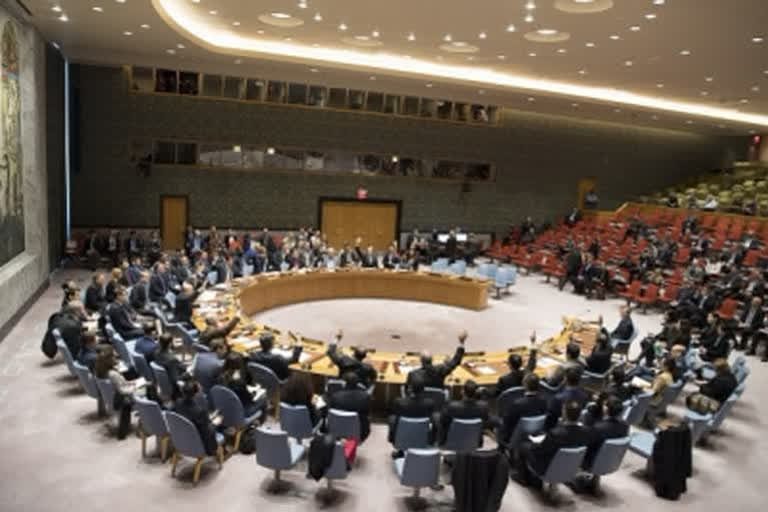United Nations:Dealing with the issue of climate security, which is just one aspect of climate change, in the UN Security Council is “not desirable”, India said on Thursday as it cautioned that viewing conflicts in poorer parts of the world through the prism of climate change will only serve to present a “lop-sided narrative”.
Secretary (West) in the Ministry of External Affairs Reenat Sandhu said here that the issue of climate change is being discussed in a focussed manner by the United Nations in the relevant mechanisms and whether it is climate change, bio-diversity, desertification or others, mechanisms have been put in place to take further action.
“Given this background, picking one aspect of climate change, namely climate security, and dealing with it in this forum, which is not geared to tackle a multi-faceted problem of this nature, would not be desirable,” Sandhu said at the UN Security Council high-level Open Debate on Maintenance of International Peace and Security (Climate and Security).
She said bringing climate security into the Security Council discourse, ignoring basic principles and practices relating to climate change, has the potential to disrupt the nature of the overall discussion on this extremely important topic.
“When we deliberate the securitisation of climate, we should be careful not to build a parallel climate track. We need to continue on the path of inclusive decision making, which member states have already agreed to,” Sandhu said.
She also emphasised that while climate change has impacted the lives of people and exacerbated conflict, “to view conflicts in poorer parts of the world through the prism of climate change will only serve to present a lop-sided narrative when the reasons for the conflict are to be found elsewhere.”
Sandhu referred to the report of the Intergovernmental Panel on Climate Change, which also clearly states that the effect of climate variability on violence is contested. “Climate change may enhance conflict, but cannot be determined as a reason for it,” she said.
A study of Nationally Determined Contributions (NDCs) also indicates that while parties do acknowledge the adverse effects of climate change on their economies, “we need to be conscious while looking at it as a risk to their social stability or as an issue of peace and security. Over-simplification of causes of conflict will not help in resolving them nor can it justify extreme policy measures”, she added.
Sandhu emphasised that over the last several decades, member states have engaged purposefully and in a focussed manner to put in place commitments relating to mitigation, adaptation, financing, technology transfer so that climate change can be addressed holistically.
